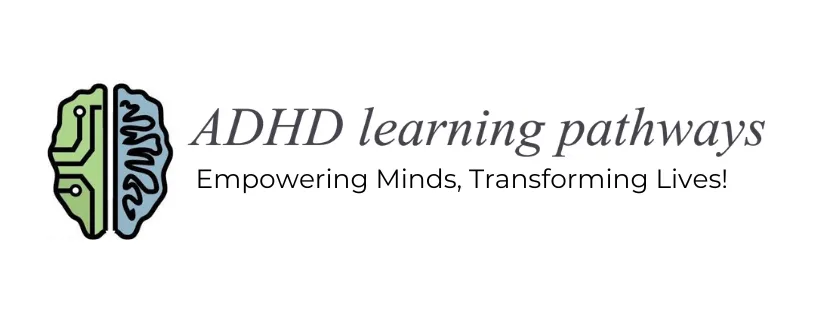Beyond the Battle: How Rewiring the ADHD Brain Offers a Permanent Path to Focus and Calm
Beyond the battle: discover how the ADHD Success Navigator Method™ rewires focus, emotional control, and follow-through—helping kids, teens, and adults find calm and confidence.
No More Homework Fights: 5 Ways to Help Your Child with ADHD
Is homework time a daily battle in your house? Do you find yourself arguing, pleading, and even bribing your child with ADHD just to get them to do their assignments? You're not alone. Many parents face this same struggle. The combination of difficulty with focus, organization, and emotional regulation can make homework a nightmare for a child with ADHD.
Beyond the Band-Aid: Discovering a Permanent Path to ADHD Success
That crippling feeling of "I Feel Dumb" is a real, painful experience. For too long, the narrative around ADHD has been one of deficit and struggle. Our method actively counters this, empowering individuals to understand their unique cognitive landscape. The self-doubt and shame end here. Our program helps you understand your unique wiring and turn your ADHD into your greatest strength. We validate the feelings of frustration and being misunderstood and offer a path forward that isn't about "fixing a broken brain," but about "building a new path".
Adult ADHD & ADD: Signs, Symptoms, and Strategies for Success
Do you struggle with focus, disorganization, or restlessness? Discover the top signs of Adult ADHD & ADD, expert management tips from the CDC and NIMH, and how the ADHD Success Navigator Program can help you turn chaos into confidence.



